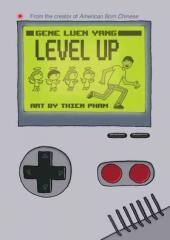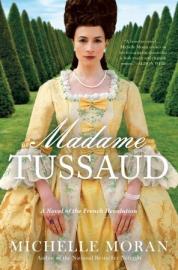Detroit: An American Autopsy
Leading the news today is the announcement that Detroit filed for bankruptcy. They aren’t the first municipality to file, but they are the largest. What this means for residents, city workers, retirees and the state of Michigan remains to be seen. 20 billion dollars is hard to wrap my mind around, and is a figure without names and faces.
Hoping to personalize this story is native son Charlie LeDuff. His recent nonfiction work is called Detroit: An American Autopsy. LeDuff is a journalist who left Detroit at an early age and traveled the world covering international conflicts and won a Pulitzer for his contributions at the New York Times. He returns to Detroit to work for The Detroit News.
This book covers a variety of stories, including the fall of ex-Mayor Kwame Kilpatrick, city council corruption, the crumbling auto industry implications, and the struggles of a local fire station. You also meet LeDuff’s family and follow them while they are coping (or not) with living in and near Detroit.

 The decade was only roughly ten years gone when the BBC (and then US network VH1) brought nostalgia for the 1980s to TV with I Love the '80s in 2001. America has long been fascinated with looking back on its pop-culture history, but the decade that saw PCs, video games, cable TV, and a variety of musical sub-genres explode maintains a hold on our imaginations. Two of this year's
The decade was only roughly ten years gone when the BBC (and then US network VH1) brought nostalgia for the 1980s to TV with I Love the '80s in 2001. America has long been fascinated with looking back on its pop-culture history, but the decade that saw PCs, video games, cable TV, and a variety of musical sub-genres explode maintains a hold on our imaginations. Two of this year's  Madame Tussaud
Madame Tussaud